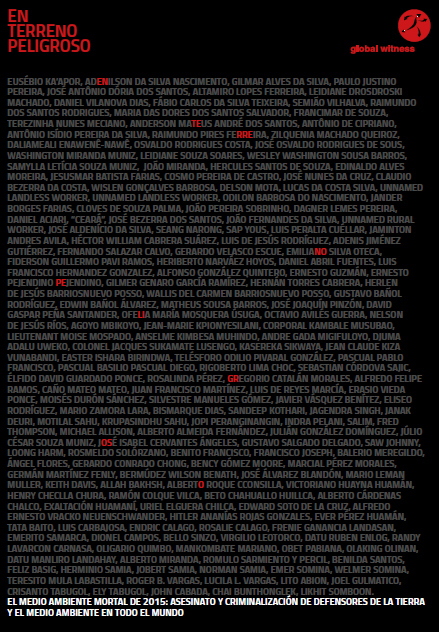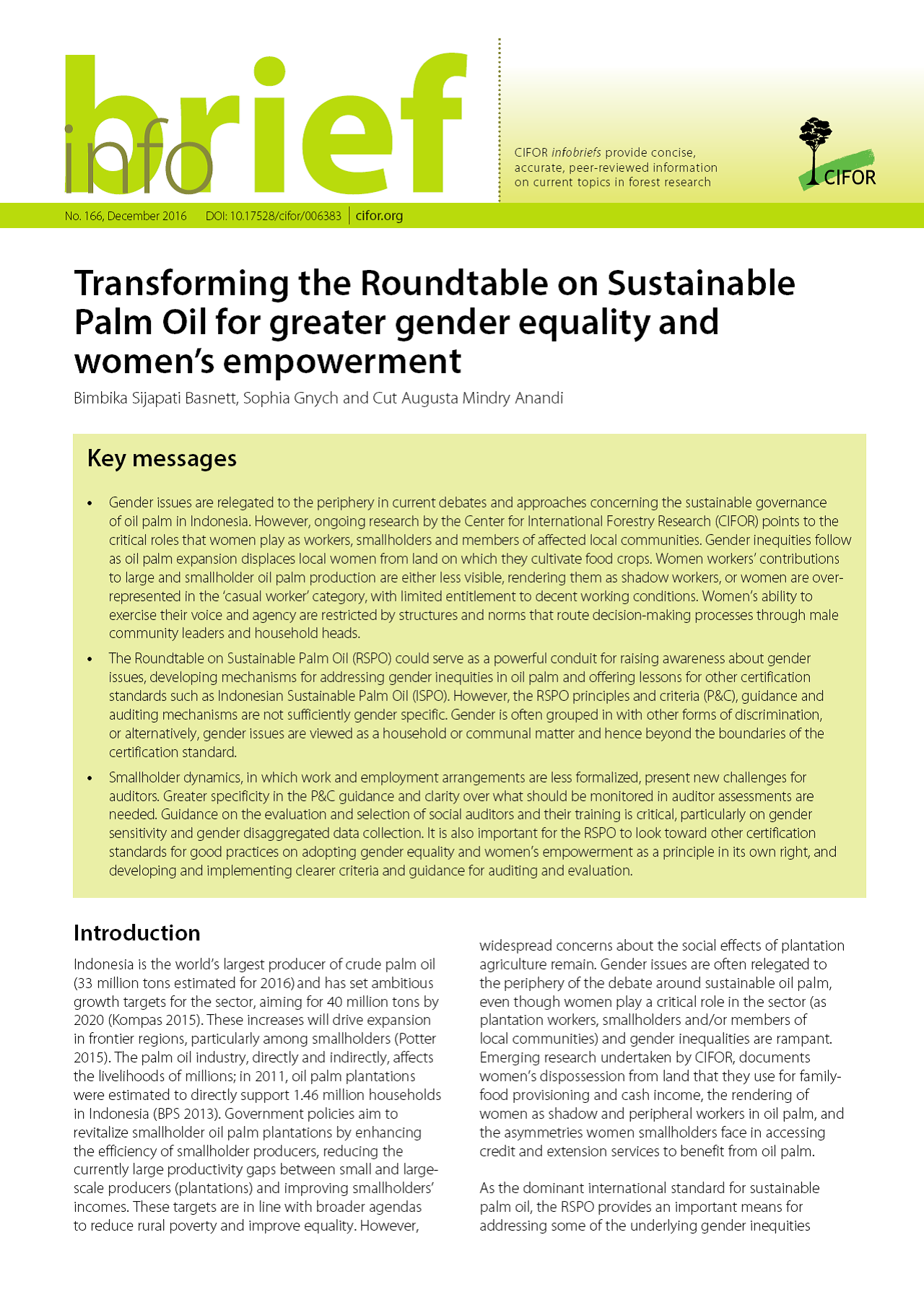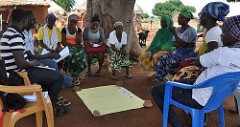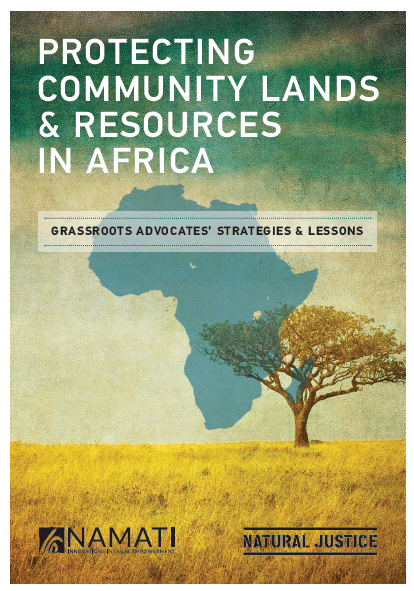Land And Peace In Myanmar: Two Sides Of The Same Coin
INTRODUCTION: Myanmar stands at a historic crossroads: one where the optimism of a "critical juncture" that is "more promising than at any time in recent memory" meets apprehension over what could happen if a "host of social crises that have long blighted our country" go unaddressed. After more than sixty years of civil war and ‘social crises’, land grabbing figures are high. New legislation is designed to move land out of the hands of rural working people and into the hands of ‘modern farmers’ and foreign and domestic big business actors.









